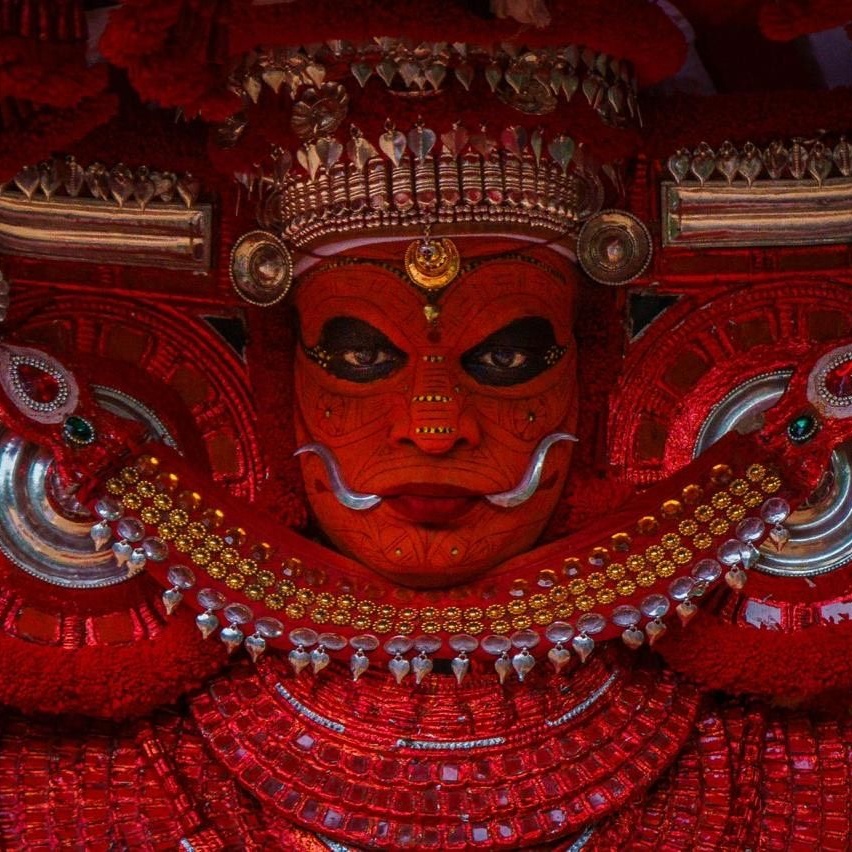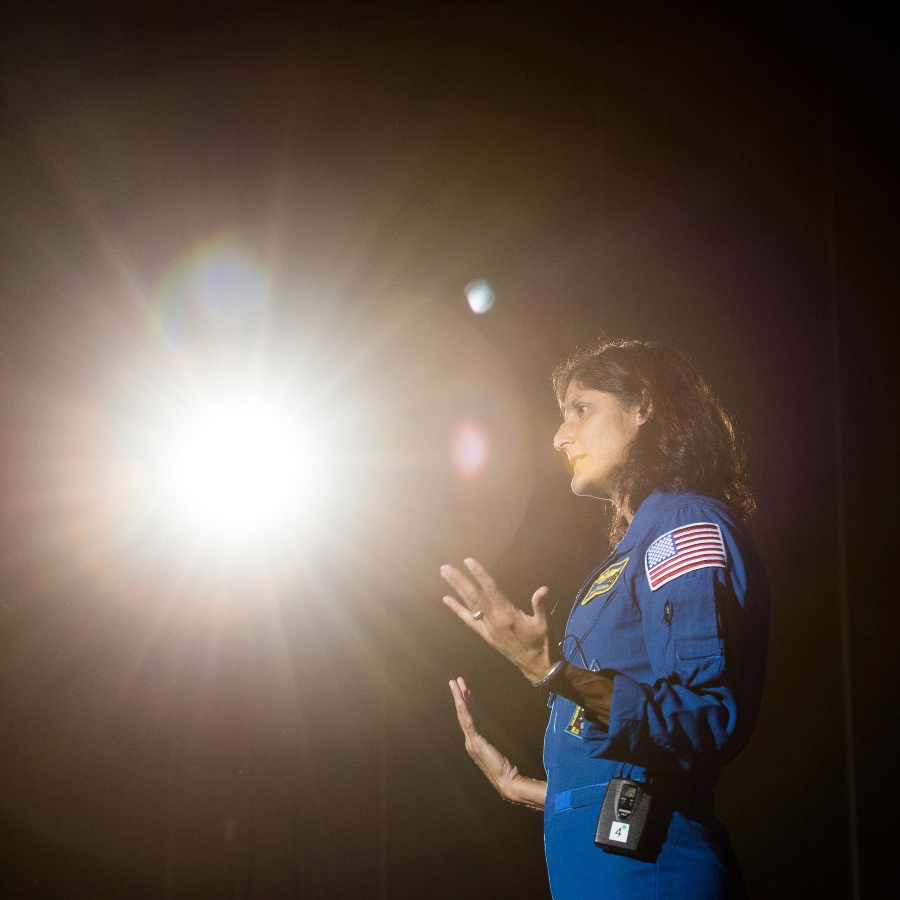In the first episode of Angry Young Men: The Salim-Javed Story, there’s a moment when Javed Akhtar’s voice catches. The poet, lyricist, and screenwriter is talking about how the sight of an opulent room and lavish breakfast in a five-star hotel reminds him of being a sleep-deprived, starving young man who jostled for space in a third-class compartment in a train to Mumbai, the city where he was determined make it in the Hindi film industry. “Abhi bhi mujhe lagta hai yeh breakfast mera nahin hai. Yeh kisi aur ka hai jo mujhe mil raha hai” (Even now, I feel this breakfast isn’t really mine. It was meant for someone else and I’m getting it instead).
Yes, even Javed Akhtar—a bona fide Bollywood icon who, in the series, Jaya Bachchan describes as a brat; whose bold self-assuredness is the stuff of stories that, even today, are traded among generations of screenwriters; who was so convinced he would be a success that he told himself, while walking from Dadar to Bandra (because he couldn’t afford the bus fare), that these years of struggle would make a great chapter in his autobiography—falls prey to impostor syndrome.

Moments of rare vulnerability are scattered through the three-part docu series
Scattered through Angry Young Men are moments like this, which reveal more vulnerable aspects of Akhtar and his former writing partner, Salim Khan. The three-part docu-series on Prime Video is mostly an unabashed celebration of the duo who gave the Hindi film industry some of its most beloved films, including Sholay, Deewaar, Zanjeer, Trishul, Yaadon Ki Baaraat, and Seeta Aur Geeta. And in an industry that mostly focuses on who’s in front of the camera, they were also arguably the first screenwriters to become celebrities in their own right (not surprising, given how hard they fought for prominent credit and adequate pay for writers). Between when they teamed up in the early 1970s to their infamous split in ’80s, they worked on 24 films, of which 22 were monster hits, an enviable track record by any standards, and well worth a docu-style deep dive. But this show is not that.
As with any documentary, central to Angry Young Men’s success is the access that director Namrata Rao gets to her subjects and their families, as well as their colleagues. As an award-winning editor whose credits include Kahaani, Band Baaja Baaraat, and Ishqiya, Rao is someone for whom doors should open, but there’s another, more important detail. The show is produced by Salman Khan Films, Farhan Akhtar’s Excel Media & Entertainment, and Zoya Akhtar’s Tiger Baby Films. Which is to say, the list of executive producers includes most of Salim Khan and Javed Akhtar’s children, and while all this guarantees Rao unprecedented access to the subjects and their close circles, it goes hand-in-hand with their control over the narrative. We see exactly and only what the Khan and Akhtar families would like us to see.





